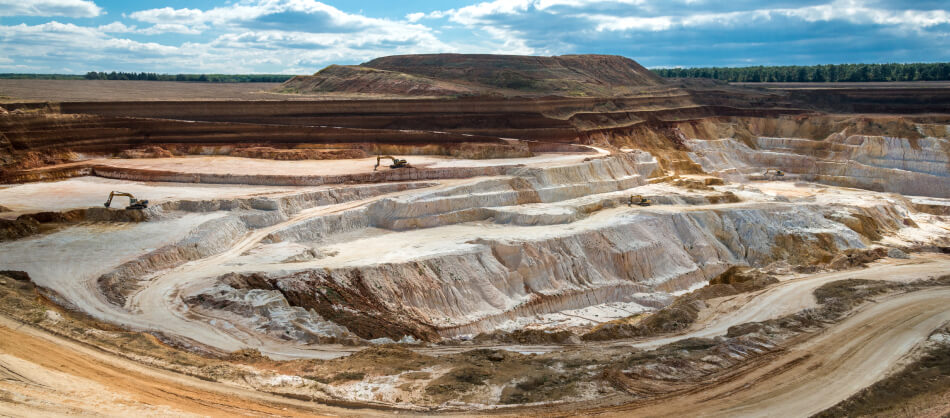Graphite

Graphite, possessing a distinctive blend of characteristics encompassing electrical conductivity, thermal stability, lubricity, and chemical resistance, stands as a versatile substance with a broad array of industrial applications.
A variety of synthetic graphite powders serve as black colorant powders, and their utilization within epoxy solvent-free systems can facilitate the creation of exterior coatings characterized by reduced friction, heightened resistance to scuffing, and enhanced durability. Moreover, this combination of graphite and epoxy can prove beneficial in deck construction, shielding the epoxy from the sun’s rays.
Graphite also assumes a pivotal role in the composition of brake linings and clutch materials, thanks to its ability to withstand high temperatures and provide lubrication. It finds purpose as a lubricant in drilling muds and serves as a constituent in seals and gaskets designed for demanding high temperature and high-pressure conditions. In the semiconductor manufacturing process, graphite plays a vital role as a furnace component, facilitating the growth of single-crystal silicon ingots.
Both natural and synthetic graphite are highly prized for their capacity and conductivity, making them indispensable as anode materials in lithium-ion batteries. Meanwhile, graphite crucibles prove invaluable for the melting and retention of metals at elevated temperatures, and graphite refractories find application in lining furnaces and foundry equipment, primarily due to their remarkable resistance to extreme heat.
